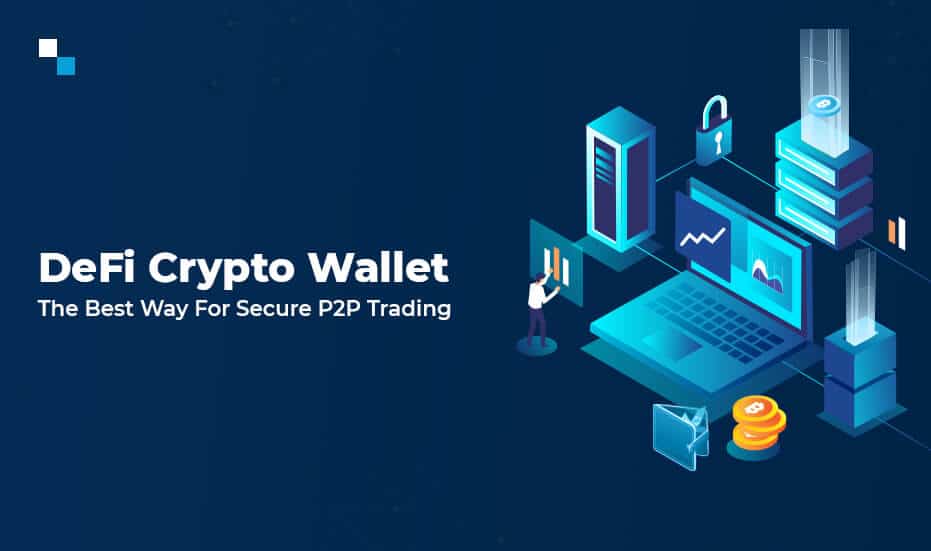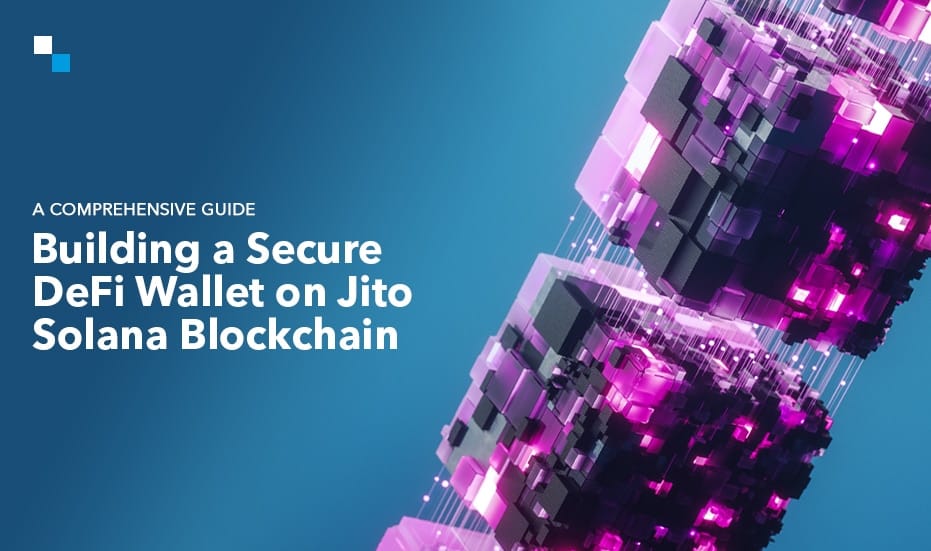
Benefits of Building an NFT Wallet
May 10, 2021
DeFi Game is changing – Ethereum vs Binance Smart Chain
May 12, 2021Non-custodial or DeFi exchanges can be harder to use as compared to the custodial exchanges, however, they allow users to perform private P2P (peer-to-peer) crypto trading. The types of exchanges eliminate the risk of the third party and keep cryptos decentralized. To use DeFi crypto exchanges, users need to rely on DeFi crypto wallets.
Before moving further, let’s get an insight into P2P transactions and how they are work.
What is a P2P transaction?
P2P refers to peer-to-peer where;
- Transactions take place between peers
- no third party is in charge of controlling the transactions
P2P transactions in the crypto world refer to transactions of digital assets between two wallets.
How are crypto transactions made?
To do a successful transaction, a user needs to have a crypto wallet. The user either:
- Allows an exchange to take custody of his/her wallet and do the transactions on behalf of the user. This happens on a custodial exchange.
- Performs the transactions on his/her own, without any involvement of thirs-party. This type of exchange or wallet is called non-custodial.
What is a DeFi crypto exchange/wallet helps to conduct P2P trading?
A Decentralized Finance exchange platform is the one where users have full control over their funds. People with DeFi wallets have complete control over their assets, passwords, and keys. Non-custodial or DeFi exchanges can have various forms such as mobile apps, desktop applications, or browser extensions. Decentralized finance crypto wallets can be easily connected to DeFi exchange platforms.
Types of DeFi wallets available in the marketplace:
DeFi wallets can be categorized into the following three types:
- Hardware Wallets
A physical device that can store information as per its disk size. Users need to have a username and password to access these wallets.
- Web-Based Wallets
These types of wallets can be accessed from any device that has internet access with a private key login. A few examples of web-based DeFi wallets are- Metamask, Brave Wallet, and Binance Smart Chain.
- Mobile Wallets
Wallet Connect is one of the non-custodial exchanges where users can create a wallet instantly and transfer money to other wallets by just scanning a QR-Code.
Benefits of Non-custodial Wallet
Anonymity: DeFi wallets do not require a KYC process so users have anonymity as long as they don’t associate their wallet with their identity.
P2P transactions: Users can enjoy quick, peer-to-peer transactions as there is no involvement of a third party to process the transactions.
To Sum Up
Can you imagine having millions of crypto investments and then forgetting the password of your wallet? It happened with many. Using a decentralized crypto wallet decreases the risk of losing your private keys as these are the combinations of a secret sequence of random digits tied to the wallet. These keys are responsible to manage assets and should only be known by the owner of said funds.
If you are also planning for decentralized wallet development, Antier Solutions can help. We offer end-to-end DeFi wallet development solutions to build powerful, secure, and user-friendly DeFi or non-custodial wallets.
Schedule a free demo of our white label DeFi wallet software or connect with our blockchain experts to share your business needs



